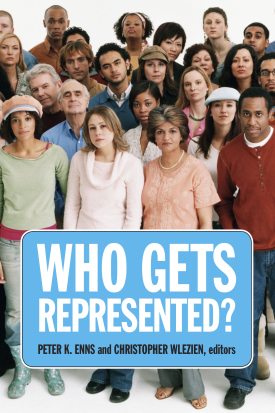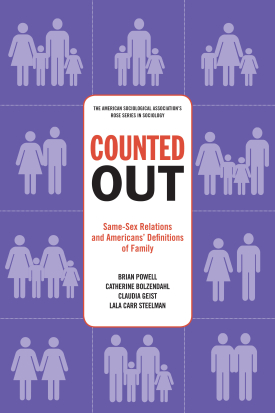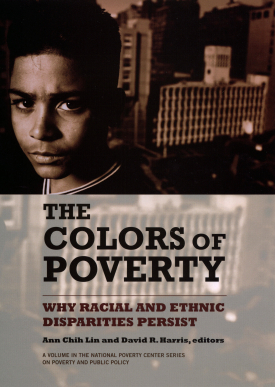
Who Gets Represented?
About This Book
An investigation of policy preferences in the U.S. and how group opinion affects political representation.
While it is often assumed that policymakers favor the interests of some citizens at the expense of others, it is not always evident when and how groups’ interests differ or what it means when they do. Who Gets Represented? challenges the usual assumption that the preferences of any one group—women, African Americans, or the middle class—are incompatible with the preferences of other groups. The book analyzes differences across income, education, racial, and partisan groups and investigates whether and how differences in group opinion matter with regard to political representation.
Part I examines opinions among social and racial groups. Relying on an innovative matching technique, contributors Marisa Abrajano and Keith Poole link respondents in different surveys to show that racial and ethnic groups do not, as previously thought, predictably embrace similar attitudes about social welfare. Katherine Cramer Walsh finds that, although preferences on health care policy and government intervention are often surprisingly similar across class lines, different income groups can maintain the same policy preferences for different reasons. Part II turns to how group interests translate into policy outcomes, with a focus on differences in representation between income groups. James Druckman and Lawrence Jacobs analyze Ronald Reagan’s response to private polling data during his presidency and show how different electorally significant groups—Republicans, the wealthy, religious conservatives—wielded disproportionate influence on Reagan’s policy positions. Christopher Wlezien and Stuart Soroka show that politicians’ responsiveness to the preferences of constituents within different income groups can be surprisingly even-handed. Analyzing data from 1876 to the present, Wesley Hussey and John Zaller focus on the important role of political parties, vis-à-vis constituents’ preferences, for legislators’ behavior.
Who Gets Represented? upends several long-held assumptions, among them the growing conventional wisdom that income plays in American politics and the assumption that certain groups will always—or will never—have common interests. Similarities among group opinions are as significant as differences for understanding political representation. Who Gets Represented? offers important and surprising answers
to the question it raises.
PETER K. ENNS is assistant professor of government at Cornell University.
CHRISTOPHER WLEZIEN is professor of political science at Temple University.
CONTRIBUTORS: Marisa Abrajano, Yosef Bhatti, James N. Druckman, Christopher Ellis, Robert S. Erikson, Martin Gilens, David A. Hopkins, Wesley Hussey, Lawrence R. Jacobs, Keith T. Poole, Elizabeth Rigby, Stuart N. Soroka, James A. Stimson, Laura Stoker, Joseph Daniel Ura, Katherine Cramer Walsh, Gerald C. Wright, John Zaller.


